Public varsity students in limbo as ASUU, FG foot-drag over strike
GRACE EDEMA writes on the faceoff between the Federal Government and the Academic Staff Union of Universities, which has led to a strike of about seven months by lecturers of the nation’s ivory towers
Aside from passing the Unified Tertiary Matriculation Examination and the post-UTME, one of the fears of Nigerian admission seekers is the unknown number of years they may spend in the public tertiary institutions when and if admitted.
When students are unable to finish their programmes at the specified time due to one industrial action or the other, they get weary as their hopes are dashed and the future looks bleak.
In Nigeria, studies have shown that if a student does not have an extra year, it is certain that a strike action will elongate his stay on campus.
Over time, several unions on Nigerian campuses have always employed the use of industrial action to drive home their point with the Federal Government, which they claim has a penchant for dishonouring agreements.
Recently, the Federal Government called on tertiary institutions of learning to resume on October 12, 2020, after the long break necessitated by the COVID-19 lockdown, which began on March 20, 2020.
The call, however, fell on deaf ears as unions in the institutions, including the Academics Staff Union of University, Senior Staff Association of Nigerian Universities and the Non-Academic Staff Union across the country are all on strike.
ASUU, which is the main union, whose industrial actions usually have more impact and effect on the academic system, started with a warning strike on March 9, 2020.
Various reports had it that ASUU made efforts to seek government’s interventions on the five major issues they presented to the Federal Government – renegotiation, earned academic allowances, visitation panels to the universities, revitalisation of infrastructure and proliferation of universities.
In addition, the implementation of the Integrated Payroll and Personnel Information System has now become a major concern in all the tertiary institutions across the country. Many of the workers complain about irregularities in salary payment through the IPPIS, while some others describe it as a scam.
Interestingly, ASUU has developed an alternative to the IPPIS called the University Transparency Accountability Solution, which has been presented to the government.
The National President, ASUU, Prof. Biodun Ogunyemi, in an interview with The PUNCH, said members of the union had no choice but to press home their point by going on strike.
Indeed, ASUU may have good reasons for going on strike, the welfare of its members and lack of infrastructure in the universities are genuine demands, but embarking on an industrial action always has adverse effects on the education system.
Ogunyemi told our correspondent that he once visited his child in the hostel of a federal university and he couldn’t breathe for 15 minutes after he left there.
“The hostel was in a deplorable shape; I wonder how those children are surviving in that hostel,” he said.
There have been reports of universities whose power supply has been completely cut off for months and depend on generators, overcrowding in lecture rooms and many other infrastructural decay on campuses across Nigeria; these are some of the issues ASUU wants the Federal Government to sort out.
Ogunyemi also complained that lecturers could not engage in e-learning during the lockdown due to lack of infrastructure.
PUNCH


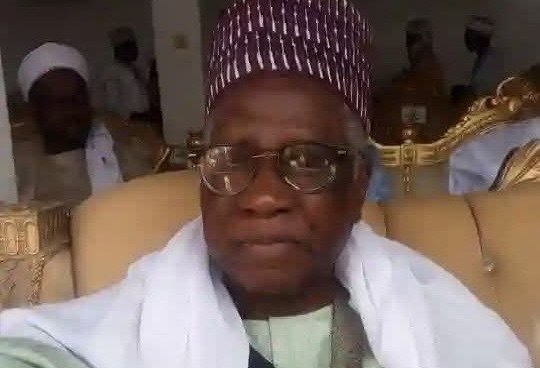

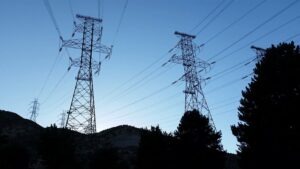
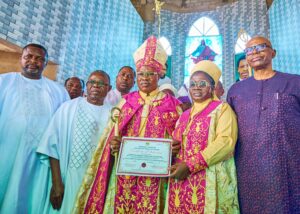

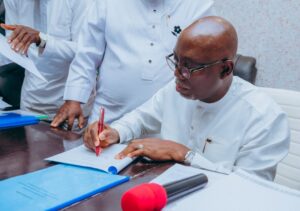
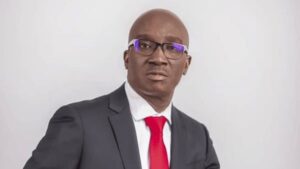



Post Comment